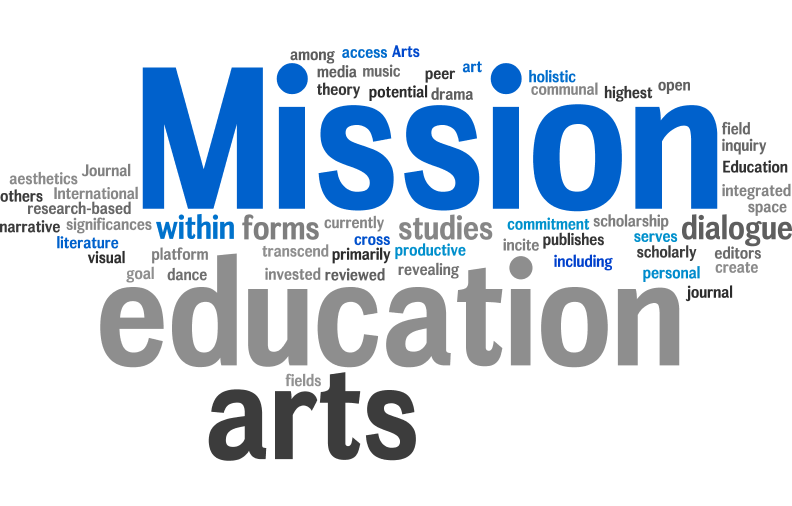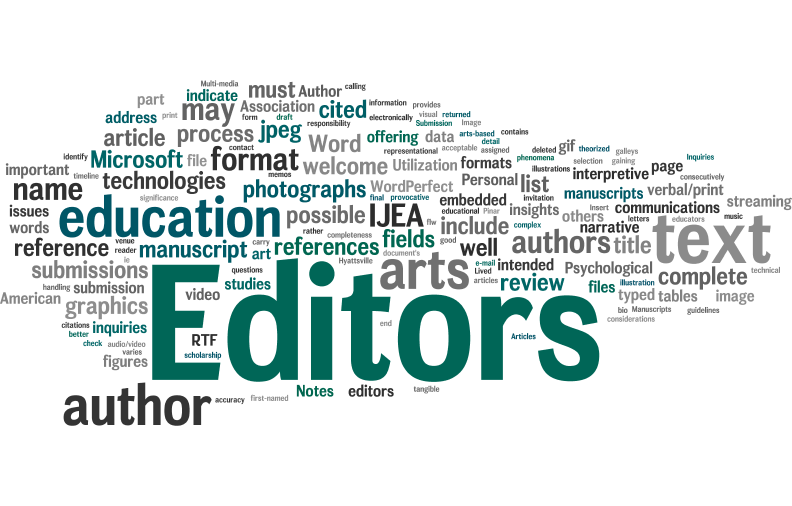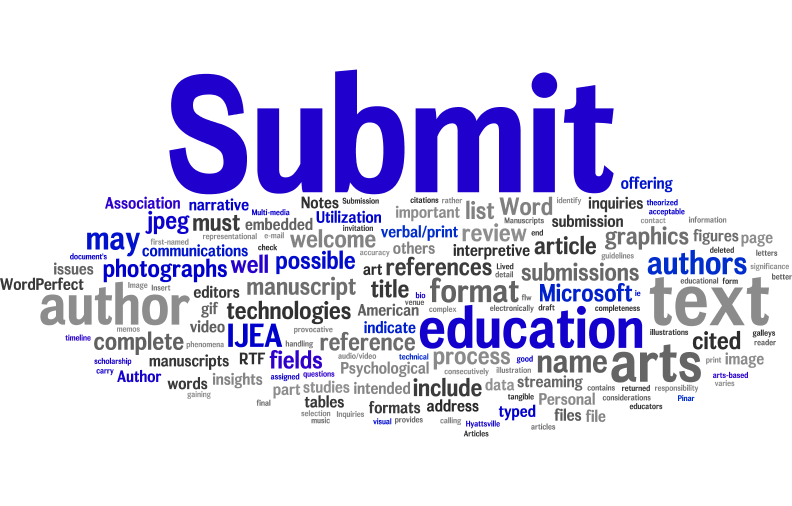| Volume 18 Number 40 | November 21, 2017 |
Technology-Enabled Curriculum for Transnational Education in Art History and Theory
Angela Clarke
RMIT University, Australia
Kristen Sharp
RMIT University, Australia
Mikala Tai
4A Centre for Contemporary Asian Art, Australia
Citation: Clarke, A., Sharp, K. & Tai, M. (2017). Technology-enabled curriculum for transnational education in art history and theory. International Journal of Education & the Arts, 18(40). Retrieved from http://www.ijea.org/v18n40/.
Abstract
The landscape of tertiary education has significantly changed in recent years with increasing pressure on universities to “globalize” and expand their reach internationally. In this context, there are a range of pedagogical and cultural issues to consider when designing curriculum to address the needs of students taking courses in different geographical locations. In addition to ensuring equivalence and quality, developing context-specific learning resources is a critical part of international delivery. Providing flexibility and autonomy to meet specific geo-cultural teaching and learning needs is vital. Programs and courses benefit from collaboration and connectivity between students and staff in all locations to ensure meaningful global learning environments. This paper focuses on a case study from an Australian University and examines how curriculum and delivery modes can be adapted to address the changing needs of transnational education a global context. The case study involves the renewal of a core undergraduate art history and theory subject that is offered in art and design programs across three different locations (Melbourne, Hong Kong and Vietnam). A series of learning materials and assessment tasks were designed to maximize a blended learning environment comprising face-to-face workshops, lectures, and online components. The result is a technology-enabled, common curriculum framework designed to allow for content to be adapted for local delivery.
Visual Abstract




